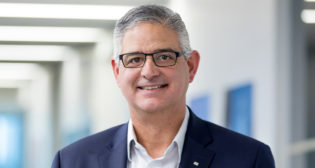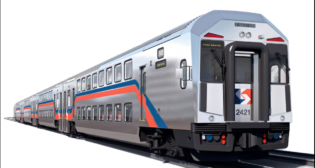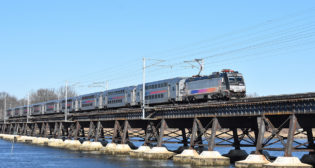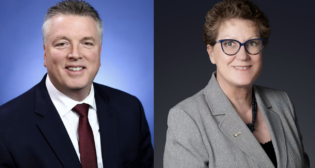
RUN Conference Highlights Advocacy Efforts in the West
Written by David Peter Alan, Contributing Editor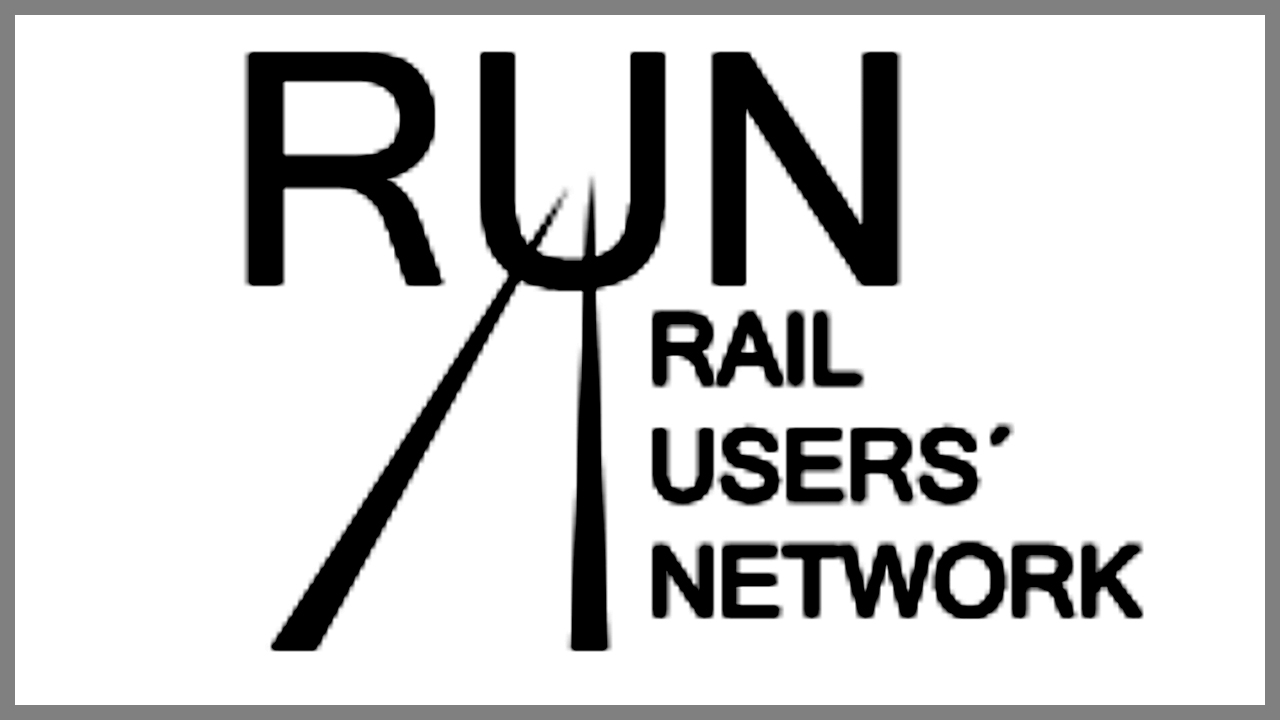
With recent concerns about Amtrak scheduling, voluminous reporting on the ongoing STB hearing about trains between New Orleans and Mobile, and numerous construction projects in the Northeast, it’s easy to turn our attention away from important advocacy in the western United States and British Columbia.
Friday, April 29, the Rail Users’ Network (RUN) will present an on-line mini-conference that will highlight efforts by advocates to bring more trains to the region, and by managers and advocates to improve the trains and rail transit that are already running there.
“Look West” will be the theme of the conference, which will be held from 12:30 until 5:00, Eastern Daylight Time. The event will feature advocates and managers who will provide updates on their organizations’ efforts to improve rail service at the corridor and local transit levels, as well as advocates who are working to expand the national Amtrak network in a region currently served by very few trains.
In keeping with Amtrak’s recent emphasis on developing new corridors, two speakers will present updates on efforts to improve regional rail service.
Steve Roberts, President of California RailPAC, will report the latest news from the San Joaquin corridor, which runs between Bakersfield and the Bay Area and Sacramento. This is the area where the initial segment of the California High-Speed Rail Project is being built, and the line whose head manager, Stacey Mortensen, made news last year by criticizing Amtrak’s performance in a statement to a Congressional committee.
The conference will include a report on efforts by his organization to preserve and improve service there. These efforts intensified as a result of an Amtrak proposal from a few years ago to discontinue service on the middle of the Southwest Chief route and replace that segment of the train ride with a long bus ride. The Front Range is one of the areas mentioned for corridor development in Amtrak’s 2035 “Connects US” program.
Other advocates are concentrating on establishing or restoring long-distance trains in the West, and three of them will report on their efforts at the conference.
One is J.W. Madison, head of Rails, Inc. in New Mexico. Madison proposes the Rocky Mountain Flyer, a train that would run on a north-south alignment in the middle of the gap between the Texas Eagle route and the West Coast. The proposed train would run from El Paso, Tex. to Shelby, Mont. through Albuquerque, Denver, Cheyenne, Wyoming and north through Montana. It would establish physical connections with all of Amtrak’s current east-west trains in the region, as well as other trains from the past that advocates elsewhere are attempting to restore. Portions of that proposed route are also included in Amtrak’s 2035 plan.
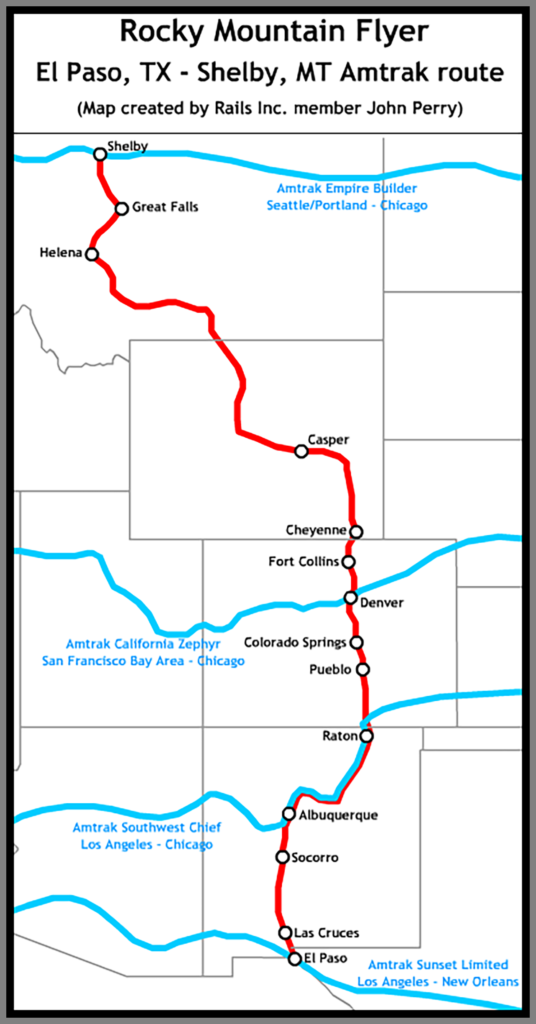
Almost since its demise in 1979, there have been efforts to restore service on the route of the North Coast Limited (historic Northern Pacific, absorbed by BNSF). David Strohmaier, of the Big Sky Passenger Rail Authority and a Missoula County Commissioner in Montana, will report on the latest effort. The route would run south of the current Empire Builder route in Montana and North Dakota, and it would run through larger cities and towns than the Builder.
I recently reported on a rail conference sponsored by the American Public Transportation Association (APTA). One of the presenters there was Elaine Clegg, President of the Boise (Idaho) City Council. She will also appear at the RUN conference and describe the effort to bring back the Pioneer, an Amtrak train that ran on Union Pacific between Denver and Seattle through Wyoming, Utah, Idaho and northern Oregon. It last ran in 1997.
There are plans for local rail transit growth in the region, too. There are new segments on the San Diego Trolley and at the south end of the BART system in the Bay Area. Other providers have plans, and Metro in Los Angeles has several projects under construction. Julie Owen, Senior Executive Officer for Project Management Oversight at Metro, will describe them.
There is also activity on the Canadian side of the border, in British Columbia. Matthew Buchanan, a member of the Board of Transport Action B.C., will report on his organization’s efforts to expand transit in Vancouver and to get more trains running elsewhere in the province.
I will deliver the closing remarks.
The conference will also include a forum, which will provide other attendees with an opportunity to make comments of their own, in addition to the customary Q&A after each presentation.
RUN Chair Richard Rudolph will deliver the opening remarks, which will focus on the organization’s activities around the nation. He told me: “The conference that we are holding this year is consistent with the conferences we have held over the past 20 years. The struggle continues, and we will continue to do what we can to expand Amtrak’s national network, as well as to help advocates do what they can at the state and local level to expand train service and local rail transit. The conference this year will highlight the excellent work that advocates are doing to expand trains and rail transit at the state and local level in the Western part of the country and British Columbia.”
While RUN’s spring conferences were traditionally “in-person” events that featured a transit tour in the host city, recent conferences have moved on line. Last year’s events focused on the Midwest and New England.
To register for the event, go to the RUN website. There is a description of the conference program and a link you can click to register. RUN urges managers, advocates, planners and anyone else concerned about trains and transit in a vast and underserved part of the country to attend and participate.
Registration is free for RUN members and $25.00 for non-members. Since the “introductory rate” for RUN dues is $25 for the first year ($40 per year after that), non-members who register will become RUN members for the remainder of 2022 at no extra cost.
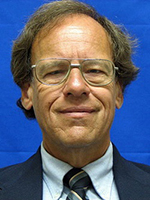
David Peter Alan is one of America’s most experienced transit users and advocates, having ridden every rail transit line in the U.S., and most Canadian systems. He has also ridden the entire Amtrak network and most of the routes on VIA Rail. His advocacy on the national scene focuses on the Rail Users’ Network (RUN), where he has been a Board member since 2005. Locally in New Jersey, he served as Chair of the Lackawanna Coalition for 21 years, and remains a member. He is also a member of NJ Transit’s Senior Citizens and Disabled Residents Transportation Advisory Committee (SCDRTAC). When not writing or traveling, he practices law in the fields of Intellectual Property (Patents, Trademarks and Copyright) and business law. The opinions expressed here are his own.
